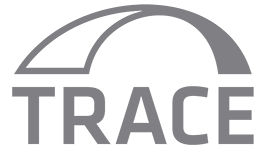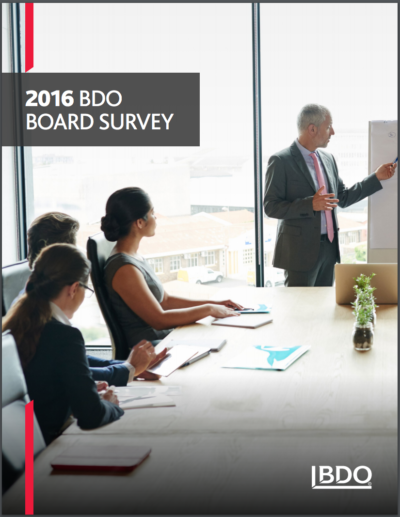Today’s blog post in written to Mr. Orest Stasyuk. Orest is a TRACE Scholar for 2015-2016 and recently completed his LL.M. studies at the University of Washington School of Law. Previously, Orest worked as an attorney in the criminal law practice of Egorov, Puginsky, Afanasiev & Partners, a leading law firm in the Commonwealth of Independent States, focusing on white collar crime, anti-bribery compliance, and anti-corruption investigations in the CIS.
There is no doubt that operating in Ukraine is a serious compliance challenge for any type of business. For years, the country was notorious for its endemic corruption and inadequate anti-corruption enforcement.
In recent years, following the revolution of 2014, Ukraine has received a lot of coverage in compliance blogs and press highlighting its adoption of anti-corruption laws and new anti-corruption institutions. Although reports about the progress of Ukrainian reforms are mixed, and the problem of corruption in the country remains enormous, there are reassuring signs that the new anti-corruption tools are genuinely helpful for companies doing business in Ukraine.
Three notable initiatives are already up and running:
- The National Anti-Corruption Bureau and Specialized Anti-Corruption Prosecution Office (new enforcement agencies) have opened 148 criminal cases as of June 2016;
- The Business Ombudsman Council of Ukraine (a high-level reporting mechanism, or HLRM) has processed more than 1,000 complaints from businesses as of July 2016; and
- ProZorro (a new public e-procurement system that has replaced old paper tenders) has hosted 140,000 tenders as of July 2016.
To a certain extent, the effect on business of the anti-corruption initiatives of the last two years can be inferred from the differences between the 2014 and 2015 Corruption Perception Surveys of the American Chamber of Commerce in Ukraine. In both surveys, the respondents answered that they think corruption is overwhelmingly widespread in Ukraine. However, a notable change happened in the responses on corruption as a condition for business success: in 2014, 61 percent of respondents believed it was necessary to go along with corruption in order to succeed in Ukraine; in 2015, that figure dropped to 35 percent. This rapid drop seems to indicate that businesses recognize that the new anti-corruption mechanisms present an alternative to paying bribes, thereby fostering healthy competition.
_____
 TRACE International and TRACE Incorporated are two distinct entities with a common mission to advance commercial transparency worldwide by supporting the compliance efforts of multinational companies and their third-party intermediaries. TRACE International is a nonprofit business association that pools resources to provide members with anti-bribery compliance support while TRACE Incorporated offers both members and non-members customizable risk-based due diligence, anti-bribery training and advisory services. Working alongside one another, TRACE International and TRACE Incorporated offer an end-to-end, cost-effective and innovative solution for anti-bribery and third-party compliance. For more information, visit www.TRACEinternational.org.
TRACE International and TRACE Incorporated are two distinct entities with a common mission to advance commercial transparency worldwide by supporting the compliance efforts of multinational companies and their third-party intermediaries. TRACE International is a nonprofit business association that pools resources to provide members with anti-bribery compliance support while TRACE Incorporated offers both members and non-members customizable risk-based due diligence, anti-bribery training and advisory services. Working alongside one another, TRACE International and TRACE Incorporated offer an end-to-end, cost-effective and innovative solution for anti-bribery and third-party compliance. For more information, visit www.TRACEinternational.org.










